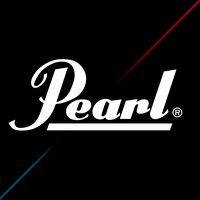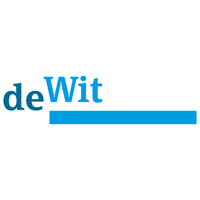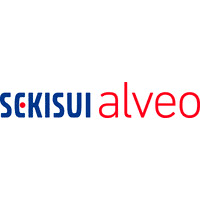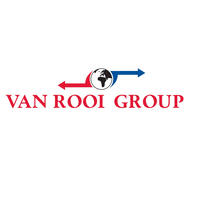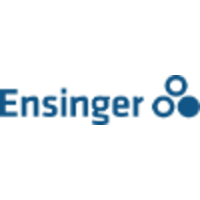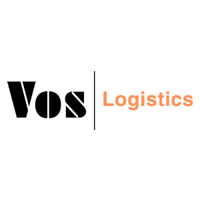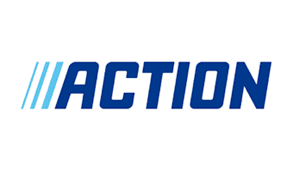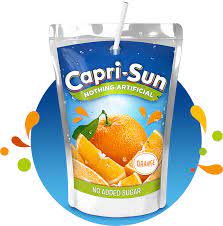DE TRANSPORTHEKER ©
Logistieke oplossingen voor handel, industrie en Ecommerce
Onafhankelijke logistieke kennis, kunde en services
ONAFHANKELIJK LOGISTIEK SPECIALIST
Mijn naam is Louis, oprichter van De Transportheker © uit Venlo. Sinds 2010 helpt De Transportheker bedrijven om
beter,
sneller,
duurzamer,
eenvoudiger
en
voordeliger
te vervoeren en te logistieken.
Vanuit een 100% onafhankelijke en volledig neutrale marktpositie bedenkt én realiseert De Transportheker pragmatische logistieke en transport oplossingen voor uw specifieke situatie. Volledig afgestemd op uw bedrijfsstrategie, product/markt combinaties, verkoopkanalen, afzetmarkten en afnemers.
Deze objectieve en klantgerichte benadering van De Transportheker resulteert in veel commerciële, operationele en financiële voordelen. Voor u en uw afnemers.
WAAROM DE TRANSPORTHEKER?
Onafhankelijk in logistiek
De onafhankelijke marktpositie van De Transportheker waarborgt dat u de best passende logistieke oplossing krijgt voor uw producten en verkoopstrategieën.
Actuele logistieke marktkennis
De Transportheker heeft een database met meer dan 25.000 vervoerders, logistiek dienstverleners en toeleveranciers.
Zeer kundig in logistiek
De Transportheker heeft meer dan 30 jaar praktische kennis, kunde en ervaring in logistiek, transport & internationale handel.
Focus op resultaat
De Transportheker doet gewoon wat afgesproken is. Binnen het overeengekomen budget en binnen de gestelde termijn. Afspraak is afspraak.
Excellente reputatie
Met meer dan 150 tevreden klanten uit diverse sectoren is uw logistieke vraagstuk bij De Transportheker in goede handen.
Aantrekkelijke prijsstelling
U heeft de keuze tussen een projectprijs, uurtarief of een "no cure no pay" constructie. Met een korte terugverdientijd.
WAT IS UW LOGISTIEKE VRAAGSTUK?
De Transportheker is gespecialiseerd in logistieke vraagstukken rondom internationaal transport, magazijn, fulfilment en distributie. Met een sterke focus op uw logistieke processen, logistieke IT-applicaties, logistieke organisatie en uw logistieke infrastructuur zoals bijv. magazijnen en transportbedrijven.
Vanuit een geheel onafhankelijke en volledig neutrale marktpositie bedenkt én realiseert De Transportheker praktische logistieke maatwerk-oplossingen die resulteren in logistiek onderscheidend vermogen en competitieve voordelen voor uw bedrijf en product/markt combinaties.
Daarnaast is De Transportheker ook in te huren als logistiek interim specialist
voor tijdelijke of projectmatige klussen op uw bedrijfslocatie(s).
Blogistiek

Annual FTL and LTL freight tenders are nowadays very popular at international and European shippers. But to my believe and practical experience plain "spreadsheet or digital freight tendering" is a "race to the bottom" for both shippers and their carriers. Why? Because focus is mainly, or even only, on the cheapest FTL or LTL rate and less on the value a reliable and innovative carrier brings to your daily business and commercial operations. Price is what you pay, value is what you get. And value still does cost money, so your carrier needs a reasonable profit too. There is a way for shippers to massively reduce their logistics and freight spend whilst keeping their carriers and customers happy at the same time. And it's for free.... When talking to international shippers about reducing their European freight and logistics spend, I ask a lot of (detailed) questions with the goal to "discover" and "identify" their logistics savings and improvement potential. And it always surprises me that there's already lots of "money on the table" without them even knowing or realizing it. In those cases, I try to change their mindset from external (carrier rates) to internal improvements. This include but are not limited to freight costs reducing items like: Optimize your product packaging Many products and product packaging are (still) being designed without taking dimensions and weights into mind from a logistics - freight and storage - perspective. A difference of a few inches or kilograms can save shippers lots of money in transportation (road, rail, air, ocean) and storage costs. Space is money! Maximize your pallet configuration Pallets are often not filled to what's possible from a transportation perspective. In Europe the most common pallets are euro pallets (80 x 120 cm) and block pallets (100 x 120 cm). Most European trailers and trucks have an internal height of 250 to 300 cm and a capacity of 33-euro pallets or 26 block pallets. So, maximize your pallet height: getting more products on 1 pallet is less transportation costs per product item. If you also use ocean freight, please be aware that ocean containers have different internal dimensions. Maximize full truck load utilization Also, when it comes down to full truck loads, trucks are often not filled to the max. In many cases there's still a lot of "air" available in the trailer. Due to an inefficient product packaging or improper pallet configuration (as mentioned previously). If there's air, ask yourself why there's air available in the trailer. In Europe, most trailers can carry appr, 23 to 25 tons of product and appr. 80 to 120 m3 (depending on equipment type and transportation mode). A truck with a "double loading floor" system reduces the number of required trucks by 50% as this enables you to make "non-stackable pallets stackable". And at the same time, it significantly improves your carbon footprint. Use the most suitable transportation equipment In Europe there a lots of different equipment types with various internal dimensions and weights. If you ship high volume/low weight products a so-called volume trailer (100 m3) or road train (120 m3) would be most suitable as a 13.60-meter standard trailer can "only" load 80 m3. Another interesting alternative is a pallet wide '45 container for long distance intra-European (intermodal or shortsea) transportation. Choose the best transportation methods Road transport is still dominant in Europe but can be expensive on long distance routes involving road tax, ferries and lots of fuel consumption. Intermodal and shortsea shipping are reliable and cost reducing alternatives on countries like Italy, Spain, UK, Ireland, Eastern European and Scandinavian countries. Dedicated fleet solutions Large shippers with high volumes and daily frequent shipping volumes should consider implementing so-called "dedicated fleet" solutions instead of contracting carriers on a shipment basis. In such a solution the carrier runs - on behalf of the shipper - a dedicated number of trucks - in closed loops or continuous roundtrips - in the shippers’ European distribution network. Dedicated solutions can save shippers millions whilst improving service, reliability and predictability at the same time. A "transportation control tower" concept can have lots of financial and service advantages as well (if there's no conflict of interest). But that's another story to tell. Contract the right carriers for your products and shipping profile Europe holds over 1.000.000 carriers and trucking companies. From small to large. With different service and geographic specialisms. It's a transportation jungle. I'm working already over 30 years in this industry and still adding new carriers every day into my European carrier database. Prior to inviting carriers to submit a proposal you will need to know your shipping profile: products, quantities, shipment size, destinations, weights, dimensions, restrictions, (un)loading times, transit times as well as your and your customer's operational service requirements etc. Based on your shipping profile you will need to select carriers matching your profile. It makes no sense to invite an LTL specialist for FTL. Or a domestic oriented carrier for international part loads. Or a non-TAPA certified carrier for high value transports. Specialists often deliver better service and more competitive prices opposed to generalists. One can't Google experience: ask potential carriers questions to determine their competencies and experience on your specific shipping profile. Ask for company details (number of own trucks and drivers, transportation equipment, transportation modes, specialisms, turnover, number of staff, customer references etc.) prior to inviting them to do a proposal or quotation. Many companies just "Google" some carrier names and send out their quotation request to 10, 20, 30 carriers or even more. To my experience this "quantitative" approach isn't right and just doesn't work. It's better to take your time and develop true partnerships with carriers who have a practical understanding of and proven experience with your products and business. Remember, price is what you pay, value is what you get! How about for free? As owner of "De Transportheker", a 100% independent logistics specialist located in Venlo, The Netherlands, I help international clients to store, move, ship and deliver their products better, faster, easier, greener and cheaper in Europe. This also includes "no cure, no pay" pricing models. In many cases the fees are just a small portion of your total logistics & freight spend savings. In addition, clients are also offered the possibility to hire "De Transportheker" on a project or freelance basis against an attractive manhour rate.
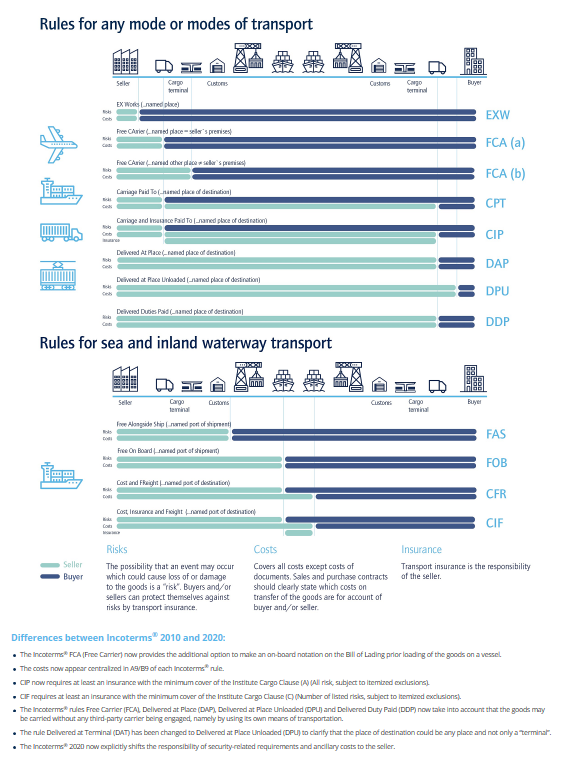
Into international trade? Never forget about incoterms or delivery terms. It can make or break a succesful business transaction. The Incoterms® or delivery term rules are the regulations that define responsibilities and risks of buyers and sellers operating in global trade. They determine how costs responsibilities and risks are allocated to the parties involved. Incoterms rules should be incorporated into #contracts for the sale of goods worldwide and be an integrated negotiation component in your international trade transactions. Source and more info: International Chamber of Commerce




